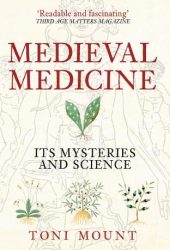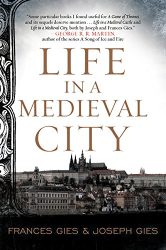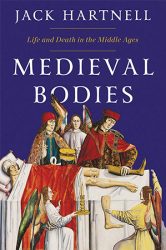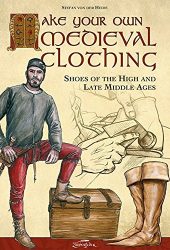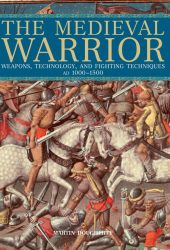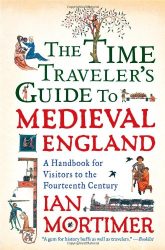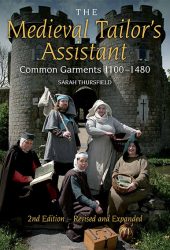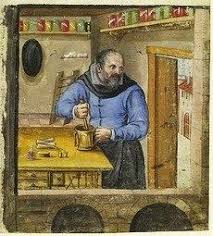
Apothecaries were the ancestors of the modern GP. Trained and skilled in the arts of formal medicine, apothecaries dispensed herbs, and medicine that they prepared to other medical practitioners and patients and offered general medical advice and services.
Apothecaries were originally part of the grocery business but began forming guilds from the 1200s. In England, the Society of Apothecaries was established in 1617.
History of Apothecaries
The profession dates back to 2600 BC to ancient Babylon, where we find clay tablets with medical texts recording symptoms, the prescriptions, and the directions for compounding it. The Papyrus Ebers, written around 1500 BC in Egypt, contains more than 800 prescriptions and 700 drugs.
By the end of the 14th century, the Canterbury Tales mention an English apothecary in “The Nun’s Priest’s Tale“:
Though in this toun is noon apothecarie,
I shal myself to herbes techen yow,
That shul been for youre hele and for youre prow.
In medieval times, if you needed medicine, you had three choices: go to the local monastery (if they were growing medicinal herbs), go out and gather your own herbs, or go to the town apothecary shop. The third was probably your best option: Apothecaries studied plants for years, and some had their own garden where they would grow all of their medicinal plants.
Trained physicians were expensive and usually only retained and hired by kings, nobles, and the elite. Therefore the apothecary served the common people.
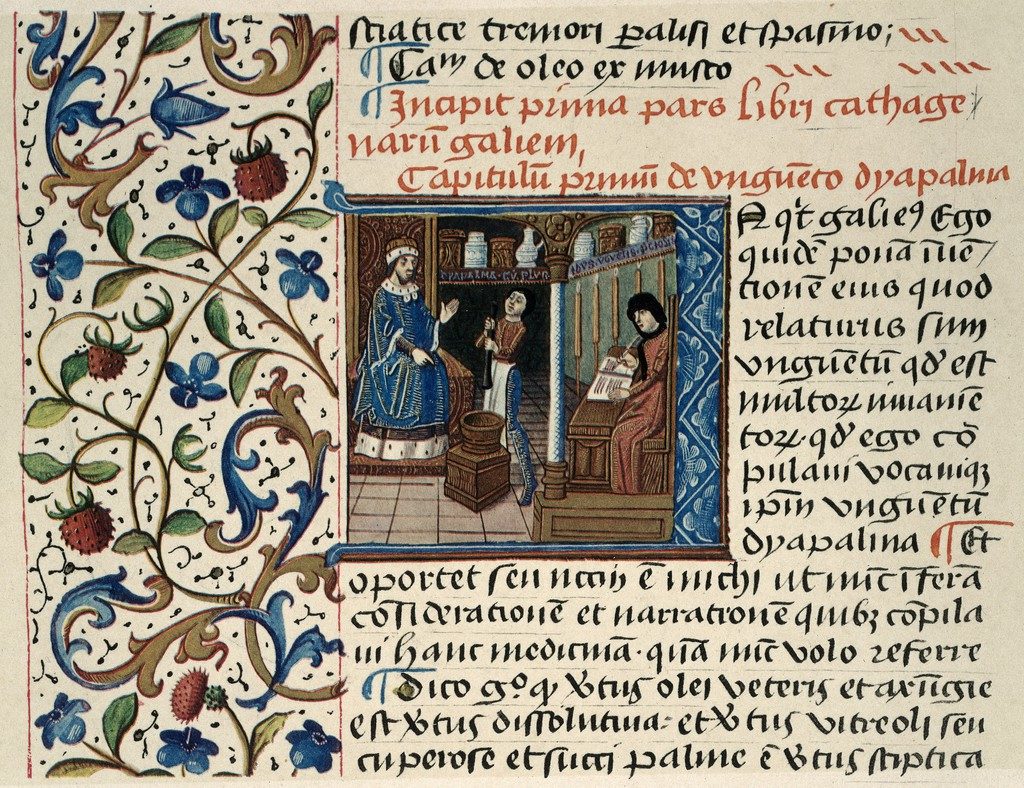
Medieval Apothecary Recipes
Because little was known about why certain treatments worked, trial, and error were the main source or finding successful remedies.
Many apothecary recipes included herbs, minerals, and pieces of animals such as meats, fats, and skins. These were to be ingested in the form of powder (sometimes mixed with a bit of honey), made into a paste for external use, or used as aromatherapy.
A few of these are familiar today as well: catnip, chamomile, fennel, mint, garlic, and witch hazel. A few others might be familiar but considered ineffective or unsanitary today, such as urine, fecal matter, earwax, human fat, and saliva.
Apothecaries would also make other products such as cosmetics, perfumes, shampoos and soaps, cleaning agents, and clothing dyes.
Famous Apothecarists
- William Shakespeare’s play “Romeo and Juliet”: A poor apothecary sells Romeo an Elixir of Death with which Romeo commits suicide to be with Juliet, whom he believes to be dead.
- William Shakespeare’s play “King Lear”: King Lear exclaims: “Give me an ounce of civet, good apothecary, to sweeten my imagination.”
- The character of Mr. Perry in Jane Austen’s novel Emma performs many of a doctor’s functions.
Books about Medieval Life
More Medieval Occupations
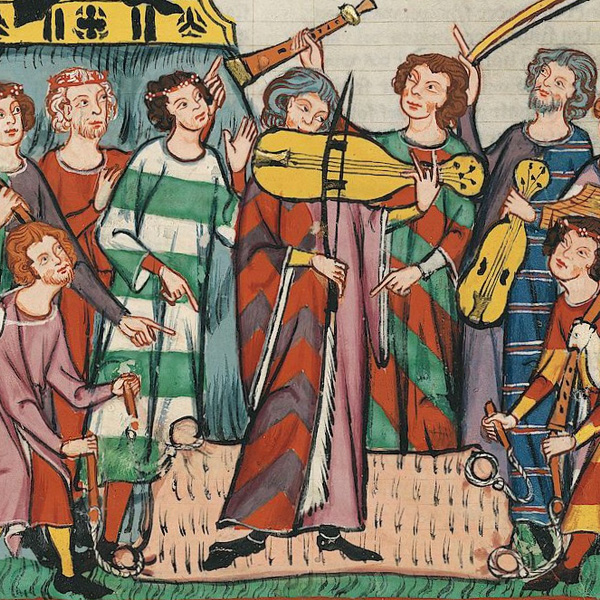
Medieval Minstrel
Medieval minstrels sang, played musical instruments, and told engaging stories. Here’s what life was like for a minstrel in the Middle Ages.
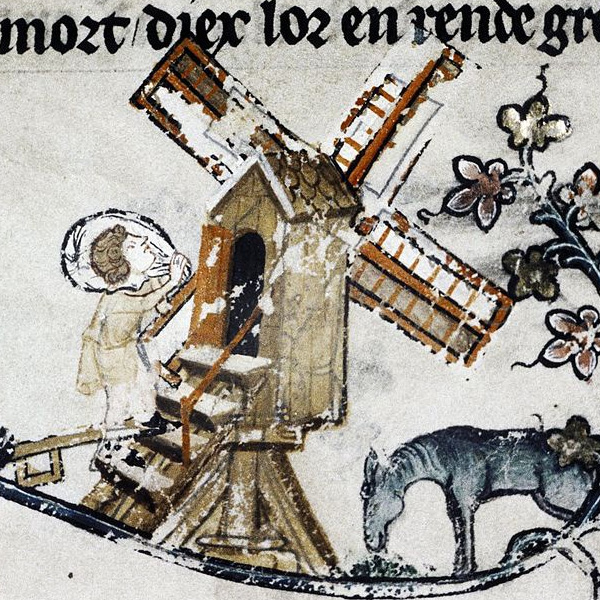
Medieval Miller
Millers were some of the most important tradesmen in the Middle Ages. Learn more about this medieval profession and how millers lived.
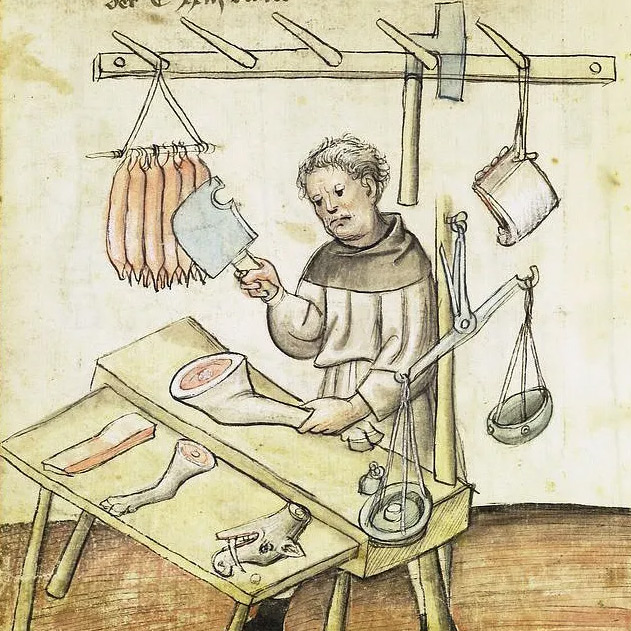
Medieval Butcher
Middle Ages butchers prepared meat, fish, and fowl for the people in a castle or a city. They sometimes had stalls in a marketplace.
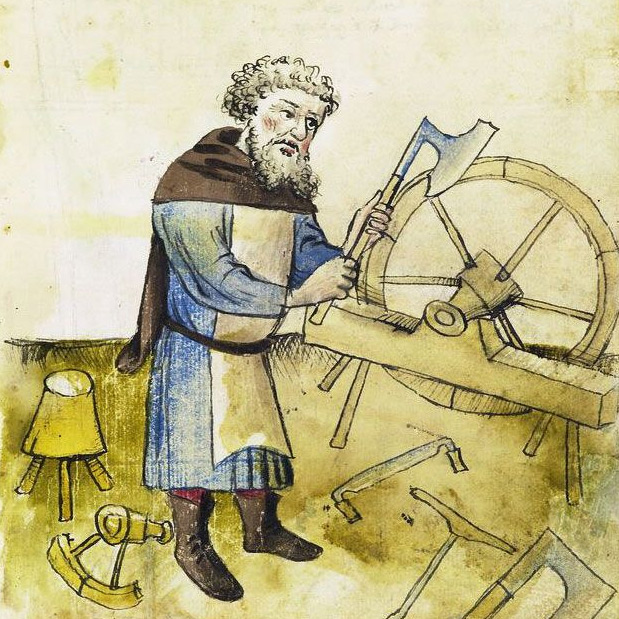
Medieval Wheelwright
Medieval candlemakers made candles from materials such as fat, tallow and beeswax.
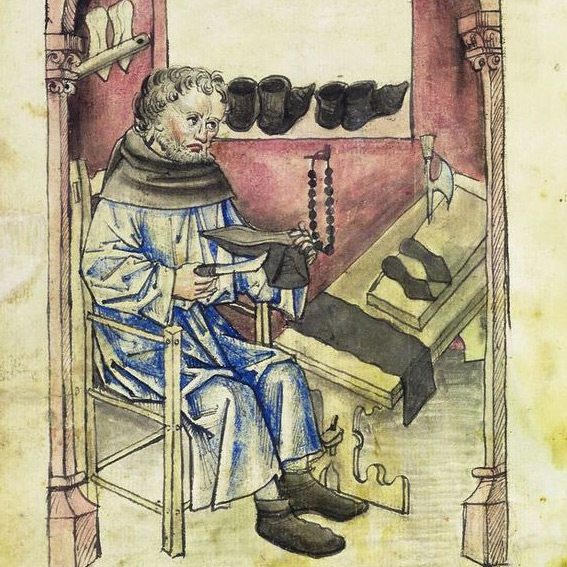
Medieval Shoemaker
Medieval candlemakers made candles from materials such as fat, tallow and beeswax.
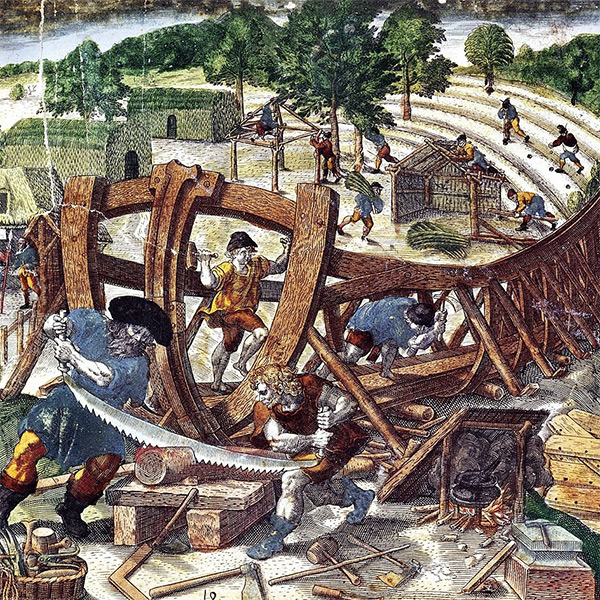
Medieval Shipwrights and Shipmaking
Being a sailor in the middle ages meant living a lonely and difficult life, as they would often set sail for months or even a year at a time.

